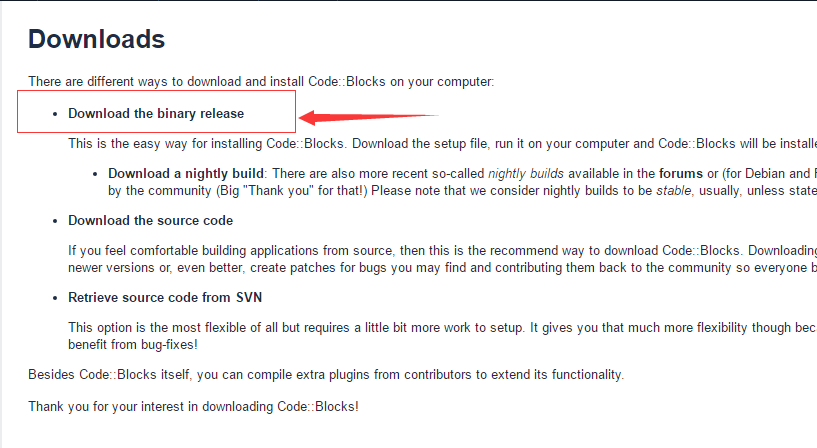
This means it handles all exceptions that are not handled by a previous catch. One strategy is to have the last catch statement leave the exception type unspecified. It is common to have the first catch statement handle the Exception::Error enumeration value. The catch statements are processed in the same sequence that they appear in the X++ code. If the catch list has no block that specifies the particular exception, the system passes the exception to the catch list of the next innermost try block. If a catch is found that handles the kind of exception that is being thrown, program control jumps to that catch block. When an exception is thrown, it is first processed through the catch list of the innermost try block. For example, the Global::error method can be called simply as error("My message."). In X++ code, the static methods on the Global class can be called without the Global:: prefix.

You use the following X++ statements to generate and handle exceptions: It is common practice to write diagnostic information to the Infolog before throwing the exception, and the Global::error method is often the best way to do that. This exception is thrown in a variety of situations. A frequently thrown exception is Exception::error enumeration value. In X++, an exception is represented by a value of the enum named Exception. The instruction at which program execution resumes is determined by try - catch blocks and the type of exception that is thrown. What is an Exception?Īn exception is a regulated jump away from the regular sequence of program instruction execution. You do not necessarily need to know the location of the catch block that will receive control when the exception is thrown.
#Code blocks an exception has been raised code#
Your method can throw an exception to immediately transfer control to a catch code block that contains logic to handle this particular error situation.

You can write your X++ code to handle errors by using the statements for generating and handling exceptions.įor example, your method might receive an input parameter value that is invalid. Applies To: Microsoft Dynamics AX 2012 R3, Microsoft Dynamics AX 2012 R2, Microsoft Dynamics AX 2012 Feature Pack, Microsoft Dynamics AX 2012


 0 kommentar(er)
0 kommentar(er)
